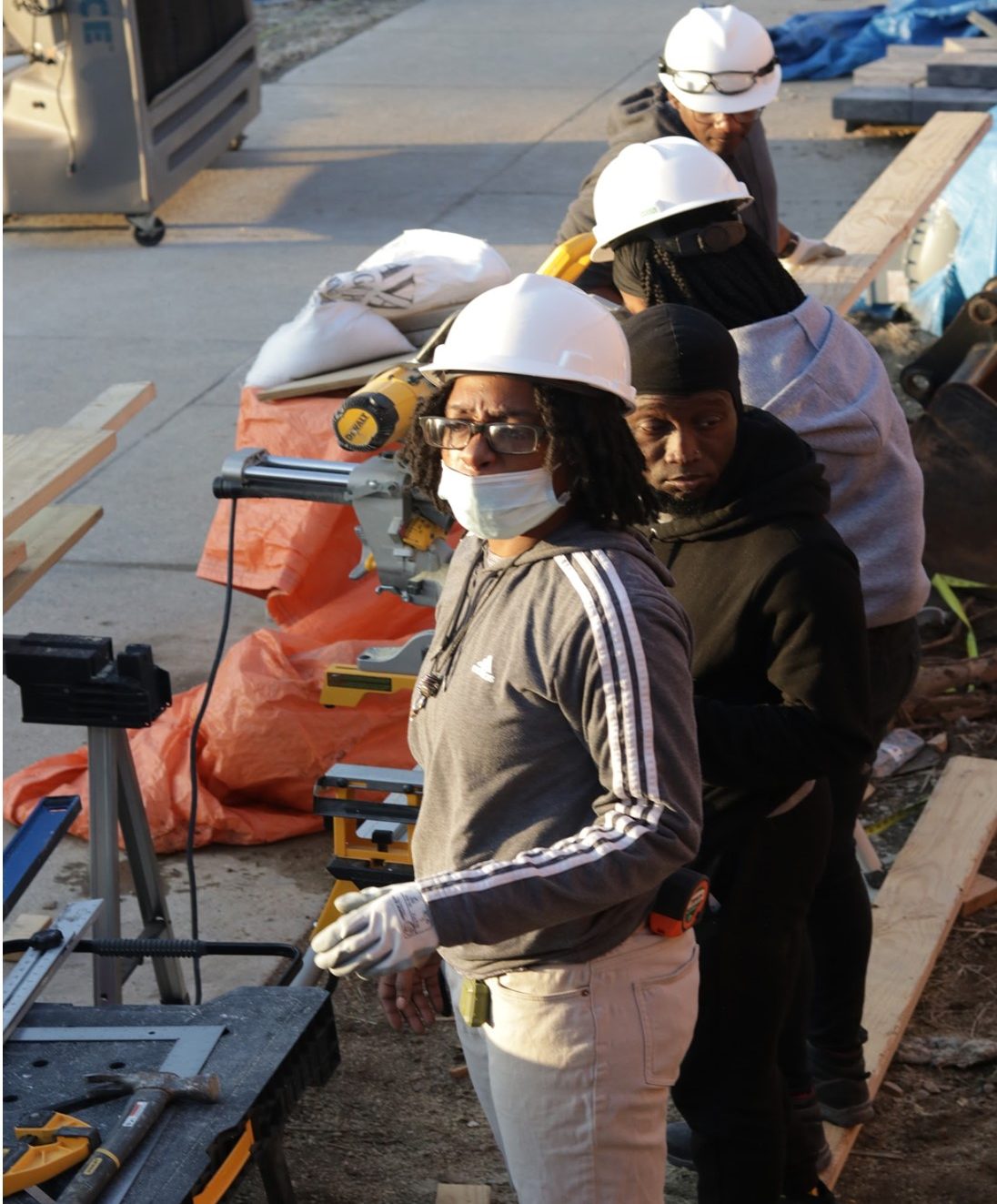Philadelphia construction permits are essential for anyone planning to build, renovate, or make significant changes to a property within city limits. It does not matter whether you are a first-time home buyer doing some kitchen remodelling or a long-term developer working on a multi-unit property; obtaining the appropriate permit is a requirement under the law. Failing to identify missteps in permitting can result in fines, delays, and even stop-work orders. It guides you through the permit application process that Philadelphia developers use, including the cost of a building permit in Philadelphia, and when to obtain a residential permit in Philadelphia, among other details.
Understanding how to get a building permit in Philadelphia is the right way to start the journey of complying without incurring expensive delays.
In Philadelphia, the cost of construction projects with a report of 75% project delays is, on average, 23% higher when caused by permit delays.

The L&I is the governing structure charged with issuing Philadelphia construction permits. Its verdict on your project’s compatibility with local codes, safety standards, and zoning requirements is based on this information.
Applications may be submitted online through the city’s eCLIPSE site or in person at the Municipal Services Building. Online applications are faster; however, not all permits can be obtained online.
You must provide a site plan, zoning clearance (if applicable), a contractor license verification, and, occasionally, an engineering report. The most common cause of delay in processing is incomplete submission.
Depending on your project, you may need to obtain a building permit, a zoning permit, a use permit, or a combination of the two. You do not have to resubmit.
Rejection can result from mistakes, incomplete documentation of the action, or the employment of unlicensed contractors.
Two of the most common questions about Philadelphia construction permits are the cost and the approval time.
The most recent data, from 2020, recorded new construction building permit issuance at 26.4% of the total, the highest percentage in the last six years.

Cost and approval time are two of the most frequently asked questions when it comes to Philadelphia construction permits.
The cost of a building permit in Philadelphia depends on the nature of the project, whether residential or commercial. Residential permits typically begin at around $150, and commercial licenses can range from thousands to tens of thousands, depending on the size and nature of the business.
The longer you want the review, the more inspections that may need to be made after hours, or the more revisions that may be required, the higher your end cost can be. Each time you apply, always be sure to provide a complete breakdown.
There are very few cases of reimbursement or waivers for applicants, such as errors initiated by the city or projects cancelled. This will be evaluated on a case-by-case basis and should be submitted.
For simple 2-3 week residential jobs, permits can typically be granted within 2-3 weeks. Commercial licenses, particularly those that are larger and more complex, can take 4-8 weeks, especially when zoning reviews are involved.
Understanding whether your project requires a residential permit in Philadelphia can be confusing, so it is crucial.

Any job that alters the structure of the building, such as adding a wall, removing a beam, or modifying the foundation, will most certainly require a permit.
A permit is required for forming gas, electrical systems, and other works which require licensed contractors.
A permit is usually not required when painting, flooring, or replacing cabinets. However, you should ensure that your cosmetic modifications do not include the systems behind the walls.
Many homeowners initiate small-scale renovations without knowing that drywalling or installing windows requires a permit. City inspectors can—and do—issue stop-work orders with fines.
Let’s break down the permit application process Philly builders and homeowners should follow.
Reviewing overlays, zoning, and past restrictions before applying ensures that you do not spend more money on revisions later.
The authorised system for applying for a permit is eCLIPSE. Atlas is a simple, interactive tool for checking a property’s zoning, registered contractors, and past permits.
You can send your application and pay the fees as soon as you have prepared your documents. If additional information is necessary, L&I will request and proceed accordingly.
The majority of permits are associated with mid- and final inspections. Work should be finished and signed off, and then L&I should provide a final Certificate of Approval. Failing to carry out inspections nullifies your permit.
The primary way to prevent legal problems, additional expenses, and project delays is to familiarise yourself with Philadelphia construction permits. Whether you need to find out how to get a building permit in Philadelphia, what the cost of a building permit in Philly is, or when you must seek one in Philadelphia, every bit matters. By understanding the procedures that Philadelphia professionals follow during the permit application process, you can undertake your next project with clarity and confidence. There is no shortcut; procedures must be followed, information must be kept up to date, and tasks must be done correctly.
Read More: